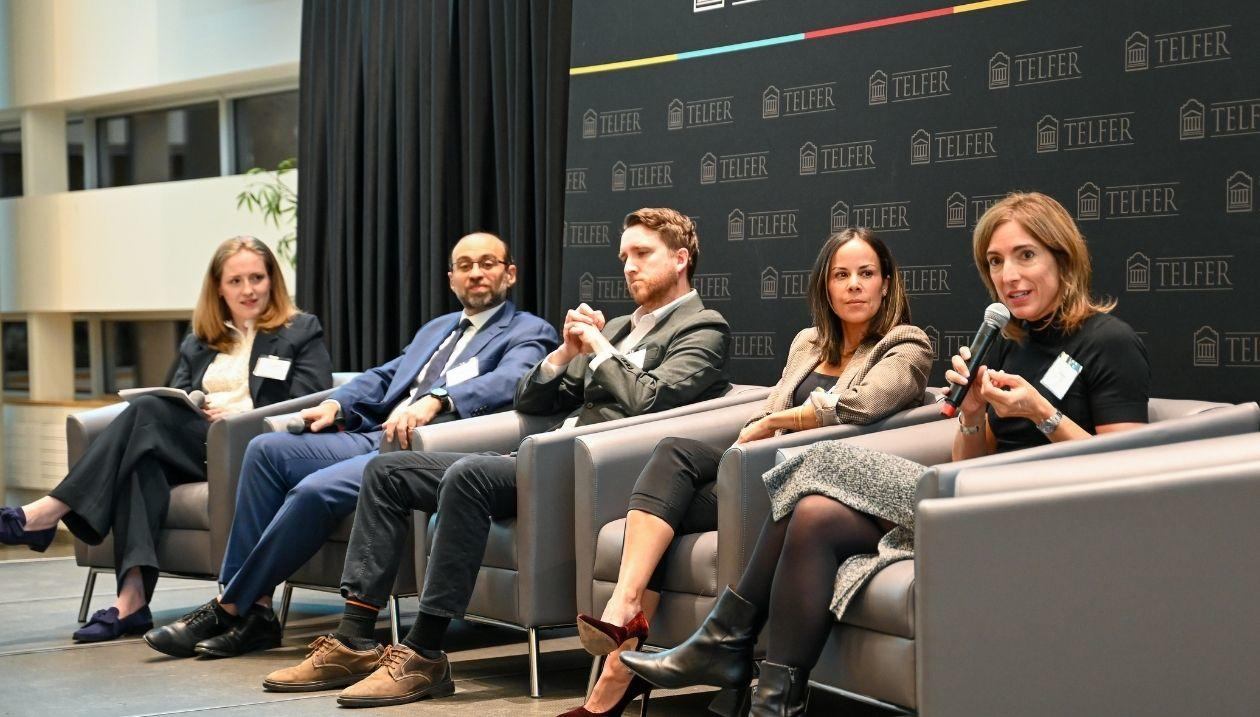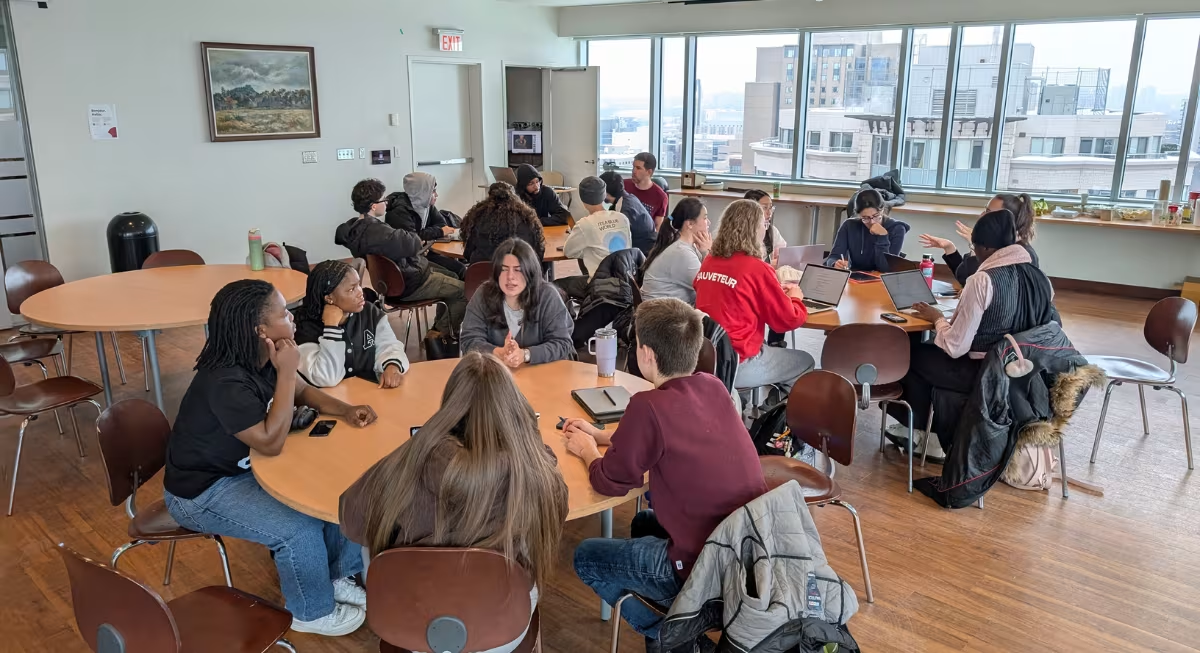Workplace accommodations
Workers with disabilities continue to be the most under-represented equity-seeking group in Canadian organizations according to the Conference Board of Canada. A Statistics Canada survey showed that close to 650,000 Canadians living with disabilities with the potential to work are currently unemployed. Once people living with disabilities have opportunities in the workplace, they often also face many challenges to succeed in the workplace. One of the main obstacles is the lack of real access to accommodations.
Workplace accommodations for people who need them are mandated by Canadian law. Unfortunately, many employees are reluctant to invoke their legal rights. When workers require accommodations such as flexible scheduling or modified tasks, they might try to negotiate these accommodations informally with their managers. These work adjustments are routinely requested by—and provided to—workers without disabilities. Giving managers discretion to make those decisions can help overcome vague or non-existent organizational policies, but it can lead to biased decisions.
Project title: Informal Accommodations as Social Exchange: Canadian Managers' Reactions to Employees with and without Disabilities
What is this research about?
When and why are Canadian managers willing to provide discretionary accommodations to workers with disabilities? These questions drive a new research project led by Silvia Bonaccio, Full Professor at the Telfer School of Management, and Ian Telfer Professor of Workplace Psychology. She has been awarded a Social Sciences and Humanities Research Council Insight Grant. By uncovering the factors that influence discretionary accommodations in the workplace, her research will provide insights into, and help correct, continued pessimism that managers express about workers with disabilities. Professor Bonaccio’s research findings will be translated into guidelines to help organizations foster a more equitable work environment.
Who will benefit from this research?
“Our work has the potential to enhance workplaces by improving the working lives of the 20% of working-age Canadians living with disabilities. We also hope our findings can empower managers and HR personnel to better accommodate the needs of workers with disabilities. Members of community organizations that support the employment needs of people with disabilities will also benefit given their role in providing evidence-based information about disabilities to managers.”
Professor Bonaccio
Learn more about the Social Sciences and Humanities Research Council Insight Grants.











